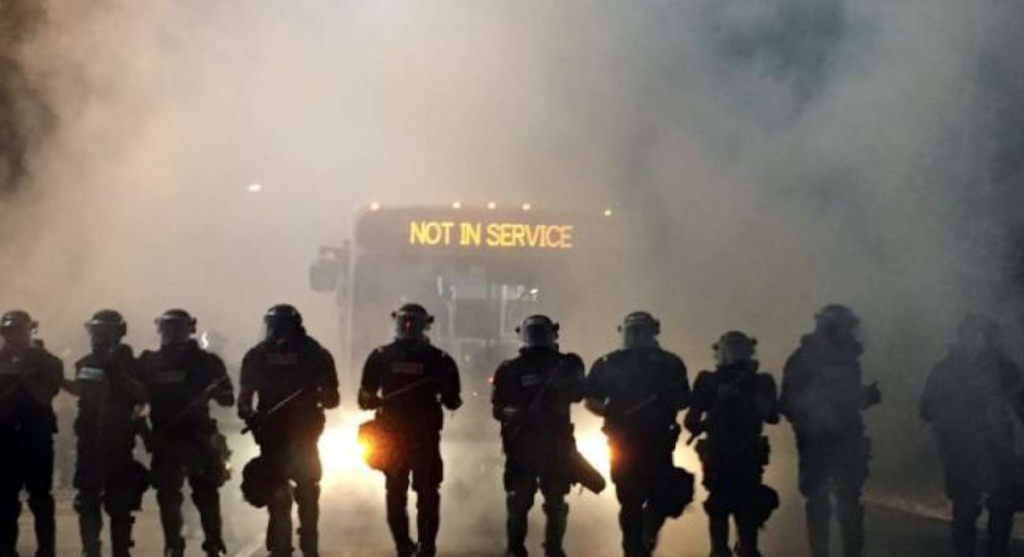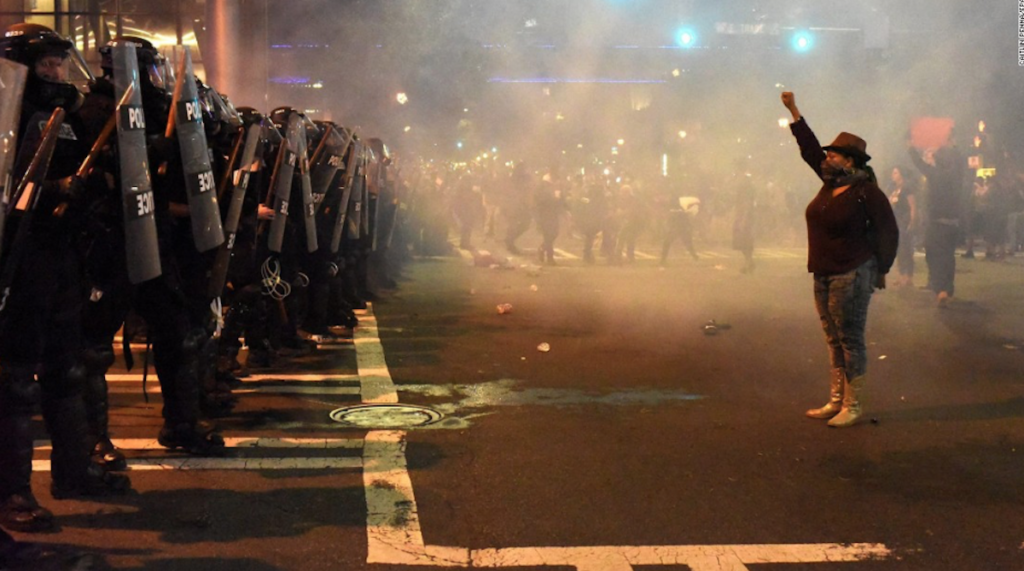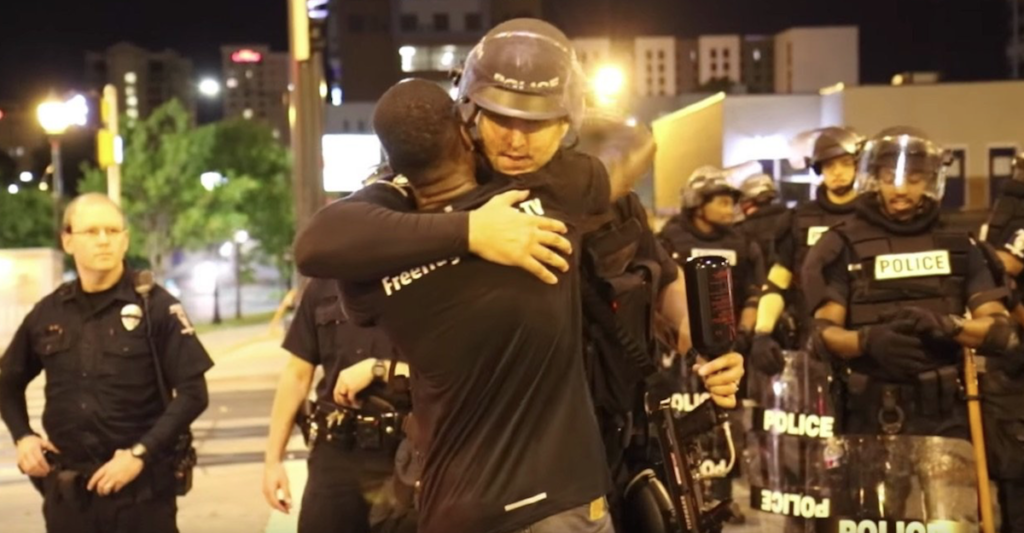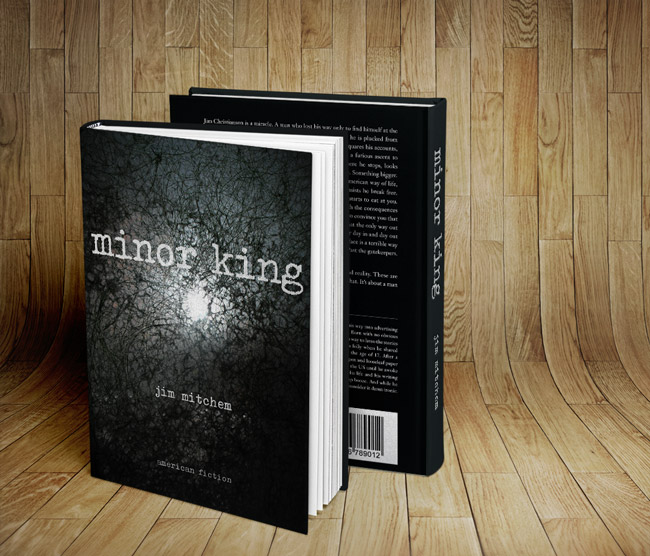Whether you realize it or accept it or not, the core principle of modern America is that money makes everything better. When you have more of it, you’re doing well. When you have little, you’re doing poorly.
It’s the same concept for businesses. When sales are up, everyone is happy. When people have jobs, they can afford to pursue their idea of the American Dream.
People don’t start businesses to fail. And since revenue makes everything better, businesses try to make as much revenue as possible (yes, to keep people happy and employed, but also to keep C-level people and shareholders happy). Suffice it to say, there’s a lot of pressure for businesses to generate revenue. Some companies (see Wells Fargo) even resort to deception and theft to ensure revenue is flowing.
Did you know that the content you consume on your television was created to generate revenue for the network that creates/distributes that content? How do they do that? Commercials. The advertising you see during breaks of Modern Family cost those companies a LOT of money. Those ads cost a lot to create and produce, but mostly to place on television in front of your eyeballs. This goes for every show on every network on television. From sitcoms to sports to yes, the news. Here’s a good post that explains this phenomenon.
There was once a time when Cronkite and Jennings represented the calm voice of reason to Americans as these icons delivered what the networks decided was the most important news of the previous 24-hour cycle. People watched, listened, and talked about the topics at the fore of “the news.” News was important. We believed it was unbiased and truthful.
And maybe it was, but after what it’s become over my lifetime, it’s hard not to think there’s always been an ulterior motive. And that motive is revenue.
Last week a black man was shot and killed in Charlotte. Protests ensued. On Wednesday night here, there were melees in downtown that left storefront windows shattered and even resulted in injuries to police officers and one civilian.
It was scary stuff. But I couldn’t help notice that the camera angles of the local news were very tight and focused on a group of what looked to be a couple hundred people. Yes, it was chaos as impassioned protesters began rioting. Reports of my beautiful downtown being torn apart spread across social media.

On September 20, Keith Lamont Scott was killed by Charlotte police officers. There was protesting that night near the scene of the shooting (in the University area of Charlotte). On the 21st, as my wife and I were driving home from dropping off our daughter for soccer practice, we passed a peaceful, silent vigil for Scott. My heart sank. Later that night, the peaceful protests turned violent and the local news reported rioting and looting in downtown. Yesterday (the 22nd) I decided to take a quick drive into town to survey the damage up-close.
It was 4:00 p.m. and I drove through all the affected areas of Charlotte. I saw no damage. Just cranes and construction workers erecting skyscrapers in one of this country’s most beautiful and diverse cities. Business people were walking the streets with their coffees. Trollies, busses, trains, and taxis ran normally. As I approached the city’s iconic crossroads of Trade and Tryon, I finally spotted a protester–a white woman in her 20s holding a sign that said “Give Peace a Chance.” When I drove past the Epicentere, the epicenter of Wednesday night’s melee, I saw two police cars with the officers standing and laughing. Then I drove home.
That’s all I saw. Oh, but for one other thing–news trucks. I kid you not when I tell you I saw more than 100 news trucks parked all over the city. And where there weren’t news trucks, there were chubby cameramen following beautiful talking heads with microphones around in search of the most dramatic backdrop possible for their live feed later. I swear I didn’t see that many news trucks at the DNC four years ago.
Give the people what they want.

Yes, there were protests again Thursday night in Charlotte, but they were mostly peaceful despite the dramatic “live shots” on national networks where reporters tried getting in the middle of protesters–some of whom want to be on TV to be on TV, and some who want to use the camera to mobilize more people around the current injustices in America. It felt like reporters were disappointed that fires weren’t raging and gunshots weren’t ringing out. But maybe that’s just me. I’ve seen the man behind the curtain, after all. I’m in advertising.
Here’s where this post is going to take a sharp turn, but please stay with me. It’s relevant, I promise. Earlier this year we got around to seeing the 2014 Jake Gyllenhaal movie Nightcrawler. I highly recommend that you watch it. Here’s the Rotten Tomatoes link, and here’s a trailer:
Without going into detail, I consider Nightcrawler one of the most accurate fictional depictions of the modern American Dream ever put to film. Like any of us, Gyllenhaal’s character Louis Bloom is in search of his American Dream (working hard for financial independence), and stumbles into a career that is tied directly to a business in search of profit (the commercial version of the American Dream)–in this case, a media outlet that relies on eyeballs to generate advertising revenue. Advertising revenue that increases proportionately with exclusive content that viewers can’t turn away from.
Nightcrawler effectively explains why there were so many news trucks in Charlotte this week.
***
On Thursday night the extracurricular activities in and around Charlotte for both our daughters were cancelled for fear of the rioting. As a result, we had a rare weeknight when we were all at home together at a normal hour, and naturally the topic of rioting came up. We talked about it from a perspective of why it was happening at all, even though most of the rumors at their schools were about bad people rampaging through town. They asked me if we were safe. I said we were.
After dinner we watched Arrested Development on Hulu (ad-free version) and a little baseball before everyone went to bed. Everyone but me. After the house was quiet I did what I usually don’t do, and turned on the news to get a glimpse of what was happening a couple miles away in my city. As I watched crews from all over the country scramble for the perfect “money shot” that would elicit the most drama, I couldn’t help but think of how each of these reporters were slaves to a system that demands revenue. There was even desperation in the faces of the beautiful talking heads to make the peaceful protests seem more violent than they actually were. Because regular people who spend their lives aspiring to fall in line with the machine of conformity need drama. And eyeballs follow train wrecks.
Don’t believe everything you consume on television, kids. It’s mostly fiction created to keep you watching.

***
Jim Mitchem is an American writer. His novel Minor King is based on the illusion of the modern American Dream.

